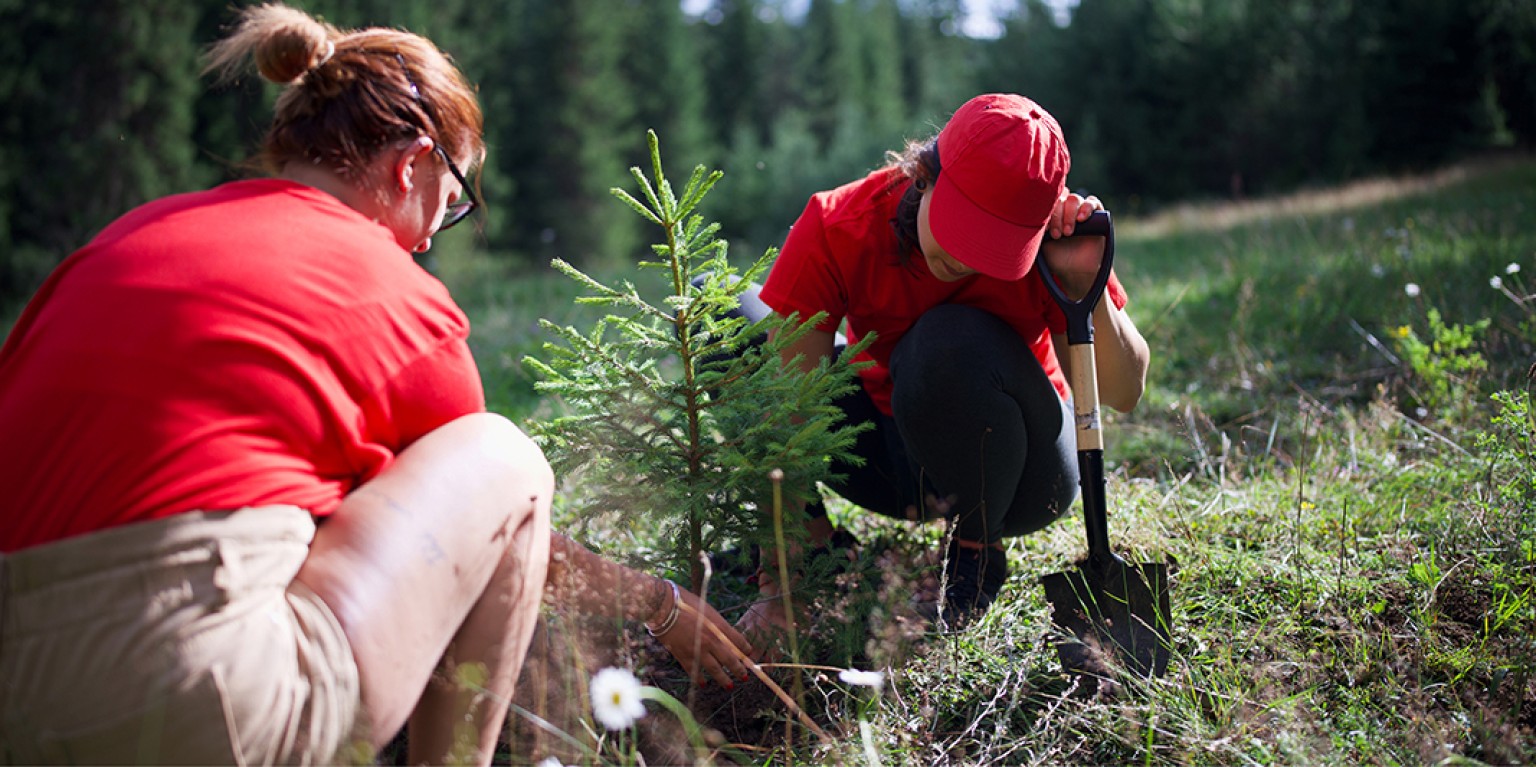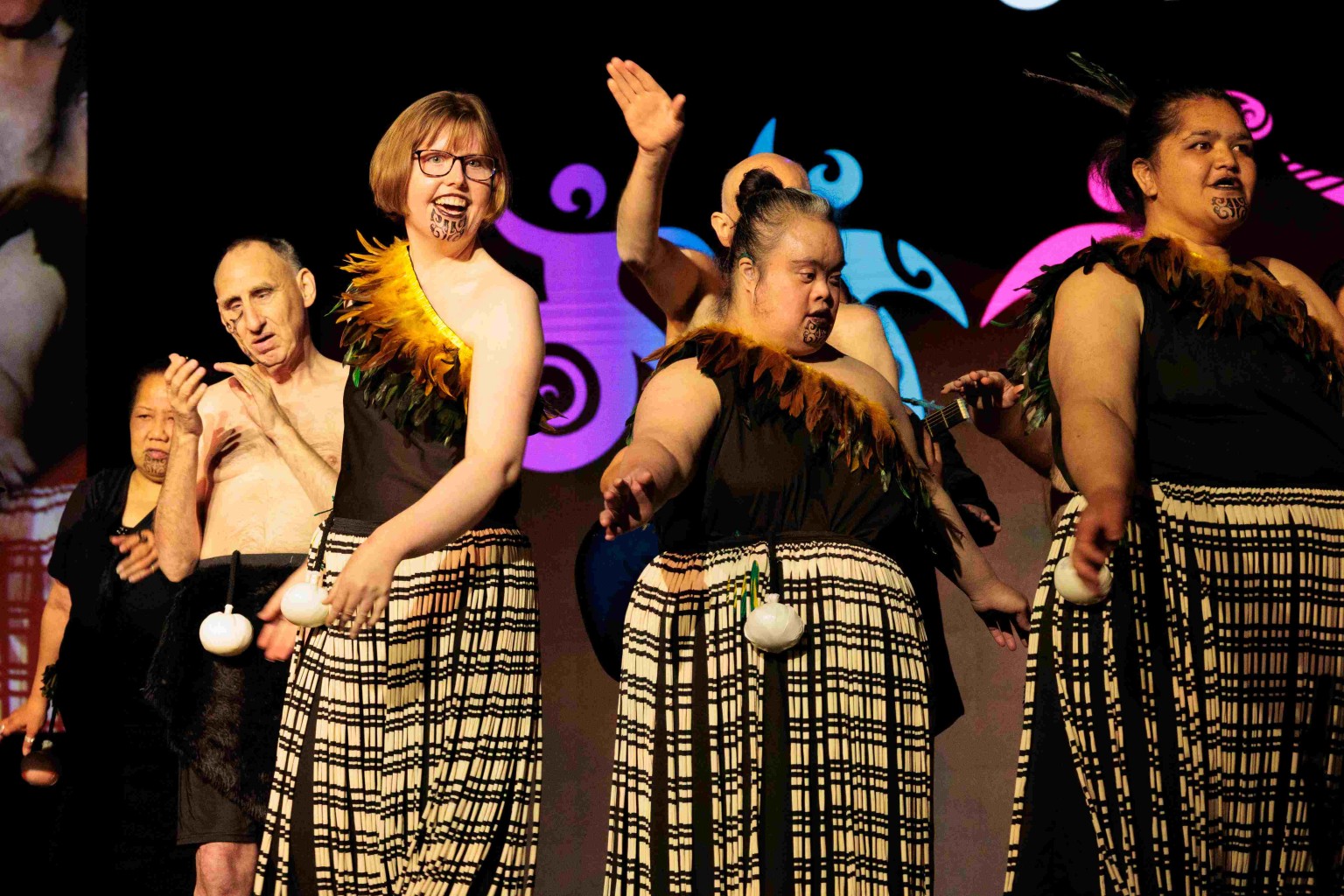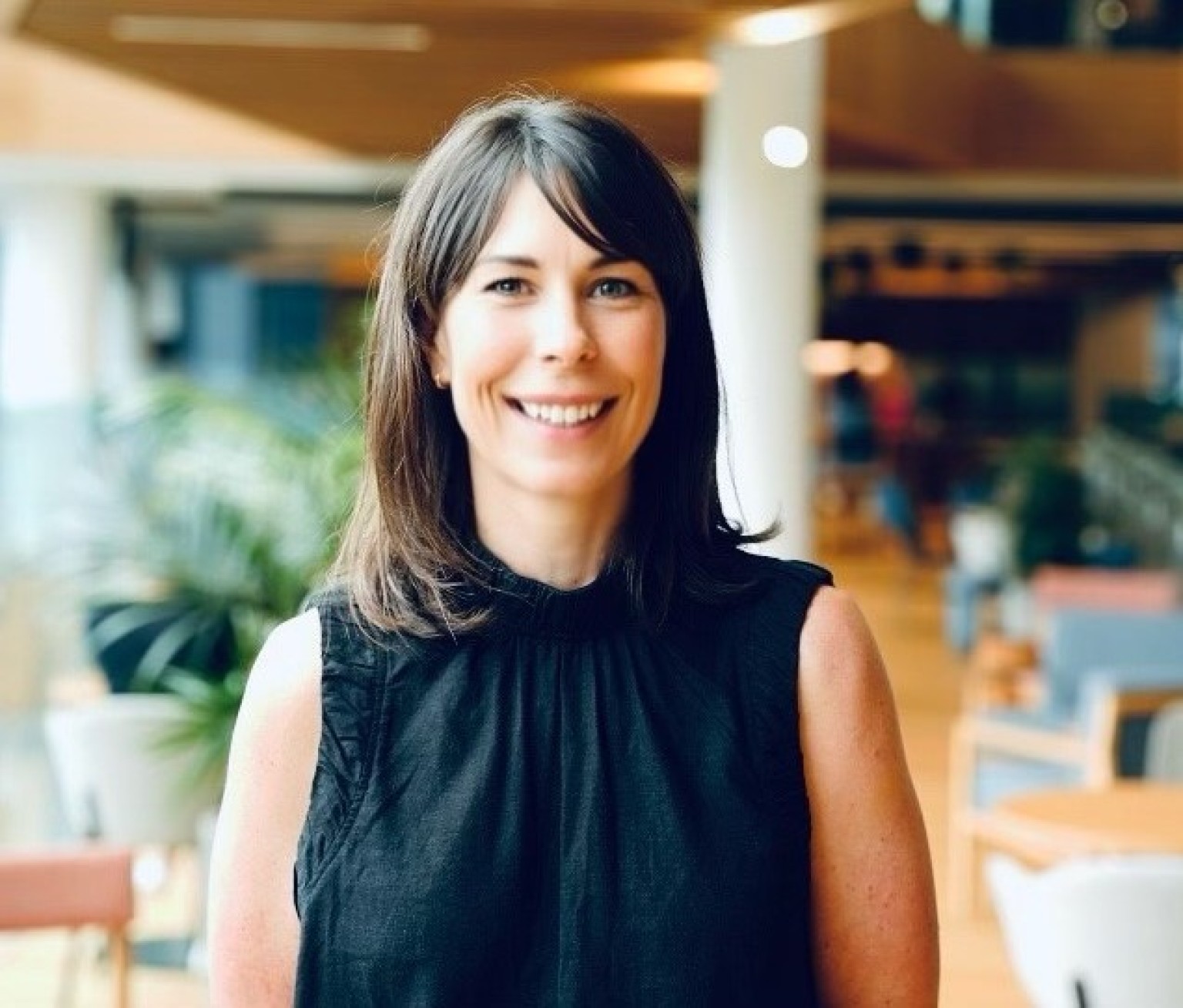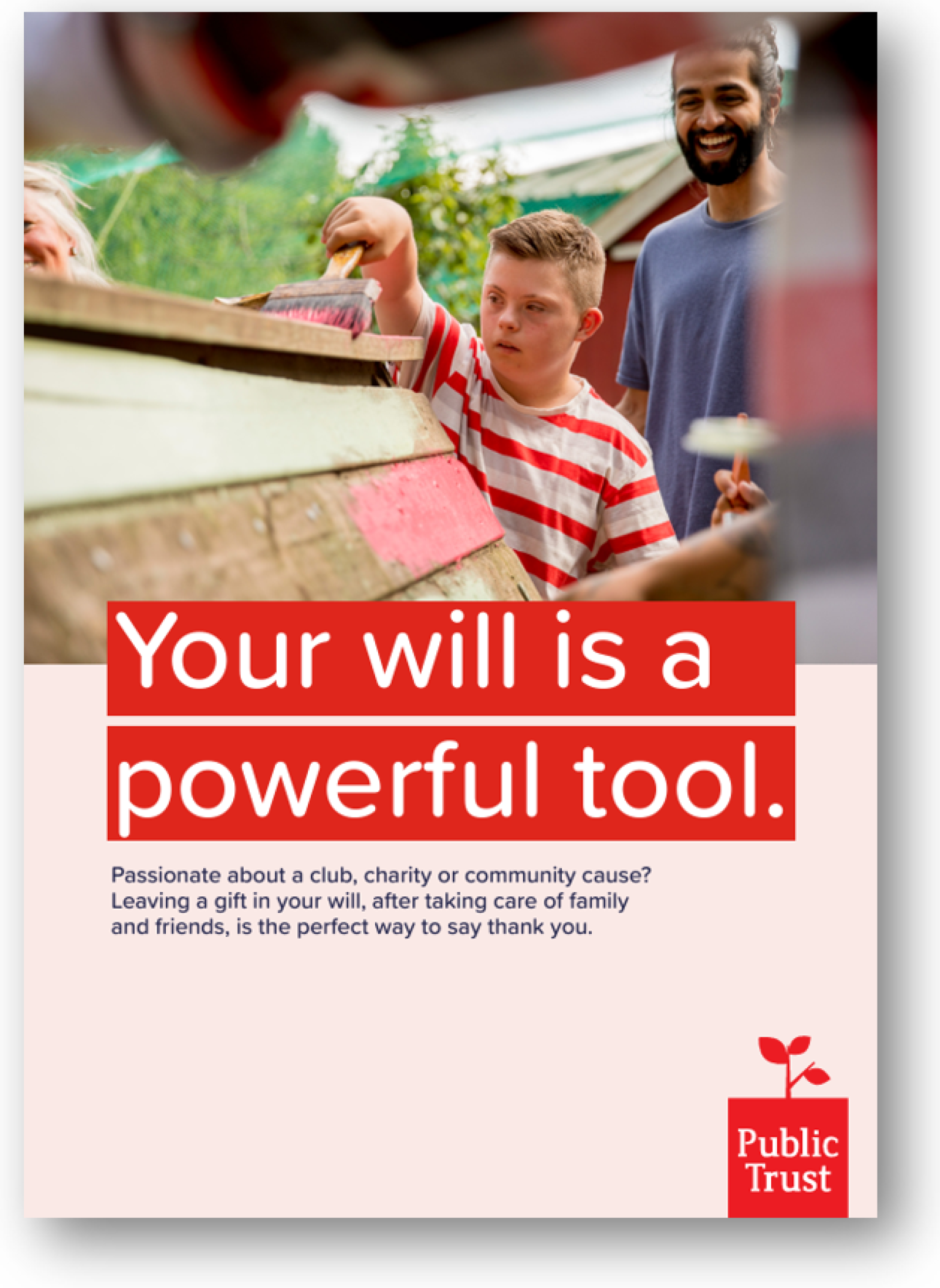Gifting and bequests explained. How to think about leaving a lasting legacy
Create a will online
For the IHC, gifts left in wills, known as bequests, fund projects that make a lifechanging difference for people living with intellectual disabilities.
Greg Millar, IHC’s National Manager Fundraising, says bequests recently funded a large kapa haka festival, held in Wellington with more than 500 competitors from around New Zealand.

Held over two days, the social connection for the people participating in such an event was lifechanging.
“Bequests have a large ongoing impact,” he says.
“We use bequests really specifically and intentionally to make sure it has a lasting impact. For many, it’s the most meaningful gift they will ever give, and we want it to make a lasting difference in the lives and futures of people with intellectual disabilities and their local community.”
What is a bequest and how do you leave one in a will?
A bequest is the giving of assets or a sum of money to individuals or organisations through your will. They can take on many forms but are often considered as the following:
· Residuary bequest – this is the gift of whatever is left in a person’s estate after all debts and other gifts have been paid.
· Specific bequest – just as it sounds; a specific bequest is defined as something specific you leave to someone in particular in your will. This could be cash or an asset for example.
You might choose to gift assets such as shares property, and jewellery or provide money to family members, friends, community groups or charities. After taking care of your loved ones, bequests to charities and not-for-profit organisations can provide important funding. If you make a bequest, it can be an enduring gift that becomes part of your legacy.
Leaving as little as 1% of your estate can make a tremendous difference without you having to compromise on making sure those closest to you receive something significant as well.
If I want to leave a bequest, how do I go about choosing the recipient?
You might leave a gift in your will for someone close to you and/or you might want to support a group or cause that you care deeply for. With every charitable organisation relying on the support of generous people, it can be difficult to choose where you want your bequest to go. Consider asking yourself the following questions:
· What do you care about and is there a local or global organisation that aligns with you and your family’s values?
· What organisations are needing support?
· Where do you see your legacy living on?
· What kind of gift will you leave? Property? Some kind of useful asset? Money?

Kate's gift to her pet cause
Public Trust customer Kate recently updated her will and included a bequest to the SPCA.
The animal lover has been donating to the SPCA for decades.
“Anything I can do to help animals who suffer from the hands of people or unforeseen circumstances… I wanted to help,” explains Kate.
“Donating to the SPCA was a good way to do that, and working them into my will just seemed like a natural thing to do to keep my support going after I’m gone.” Read Kate's story here.
Whoever you decide to leave your bequest to, it’s a good idea to consider whether you want yours to be short or long term. Think about the cause or organisation and research what they need. It’s also wise to discuss your decision to leave a bequest with your family, as bequests can be challenged. If your family is aware of your bequest and comfortable that it reflects your wishes, they may be less likely to challenge it.
We also recommend letting the charity know of your intention.
“We encourage people to tell us if they have left us a gift in their will,” Greg Millar says.
“We get a chance to thank them in their lifetimes, and talk about some of the projects they will be supporting.”
The Charities Register is a database of all registered charities in New Zealand that might help you to make informed decisions of where you might like to offer support.
To leave a lasting gift or legacy, takes careful consideration to make sure you’re leaving your mark where you want it to be. Leaving a bequest isn’t just for the rich, it’s for anyone who wants to make a tangible difference in someone’s life or for an organisation, after they’re gone.
If you have a will with us already, you might want to update it to include a bequest.

Find a booklet easier to navigate?
Check out our bequests brochure to find out more about how you can make a difference with your will.